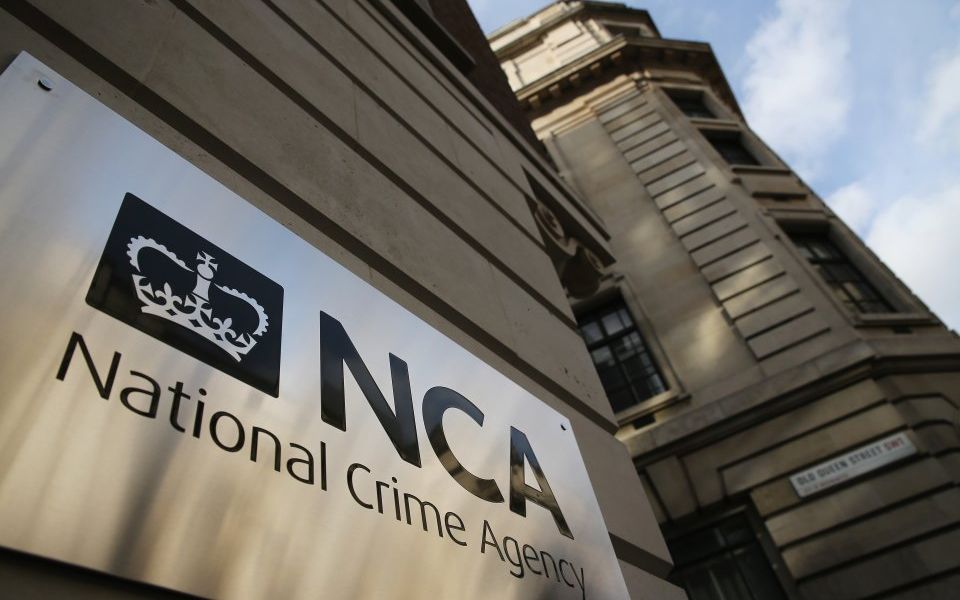Mystery banker’s wife loses anti-corruption order appeal in victory for National Crime Agency

The high-rolling wife of an anonymous banker has been defeated in her push to overturn efforts by the National Crime Agency (NCA) to make her reveal how she was able to afford properties in Britain worth £22m.
A High Court judge overturned an attempt by the woman, identified as Mrs A, to block the NCA’s use of one of its first-ever “unexplained wealth orders” (UWOs) – new powers to battle corruption which force owners of assets worth £50,000 or more to prove they acquired them legitimately.
Read more: Chief executive of KPMG South Africa steps down wake of corruption scandal
The NCA’s order said that Mrs A – who is the wife of a banker from a non-EEA country – had to reveal the source of her income, or face having the properties taken away from her.
The new orders – which reverse the burden of proof, forcing those suspected of gaining assets through crime to prove they were legally obtained – came into effect in January. The NCA’s case against Mrs A is the first known to employ an UWO, which her lawyers claimed in July had been obtained using false evidence.
Today’s success marks a significant coup for the NCA as they seek to clamp down on money laundering and other forms of financial corruption.
Read more: Moneyland review: How the world’s ultra-rich get away with it
A standing anonymity order means that none of individuals, banks and assets involved can be identified. The court was told Mrs A had made lavish purchases, including spending over £16.3m over a decade at luxury department store Harrods, and has access to fine wines, private jets and luxurious properties.
Mrs A has seven days to appeal the ruling.
Donald Toon, the NCA director for economic crime, said he was “very pleased” with the outcome.
“This demonstrates that the NCA is absolutely right to ask probing questions about the funds used to purchase prime property,” he said. “We will continue with this case and seek to quickly move others to the High Court. We are determined to use the powers available to us to their fullest extent where we have concerns that we cannot determine legitimate sources of wealth.”
Duncan Hames, director of policy at Transparency International UK, an anti-corruption NGO, said the decision was “a welcome step that should reassure the public that action is being taken against dirty money in our economy.”
“We now hope the National Crime Agency will take confidence from this ruling and make greater use of this important new power. We have previously identified £4.4 billion worth of property across the UK that we consider to have been purchased with suspicious wealth,” he said.

The court heard Mrs A spent extensively at Harrods (Source: Getty)
“The UK has been long identified as a safe haven for corrupt money and despite successive governments recognising this, money-launderers have continued to hide their ill-gotten gains here. Only firm enforcement action, as initiated with this case, will make a reality of Ministers’ ambitions to create a hostile environment for dirty money in the UK.”
Emma Allen, a senior associate at law firm Taylor Wessing, said the decision might encourage law-enforcement agencies to employ UWOs more frequently.
“There has been an apparent reluctance from the enforcement agencies entitled to apply for UWOs to do so, perhaps due to a perception that they may be susceptible to challenge,” she said.
"Today’s decision might encourage the enforcement agencies to forge ahead with more UWOs in the coming months.”